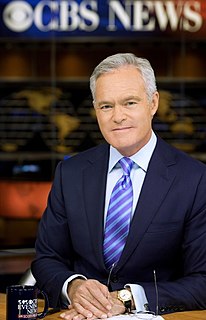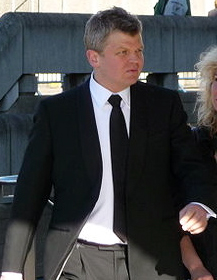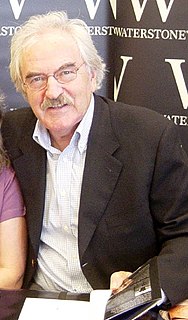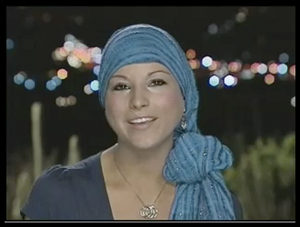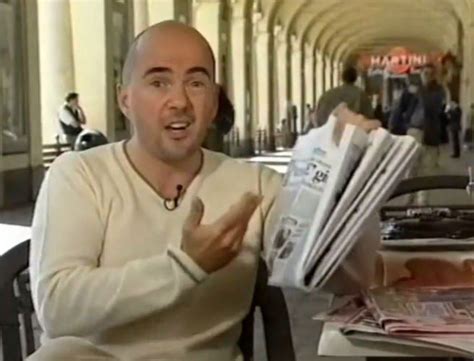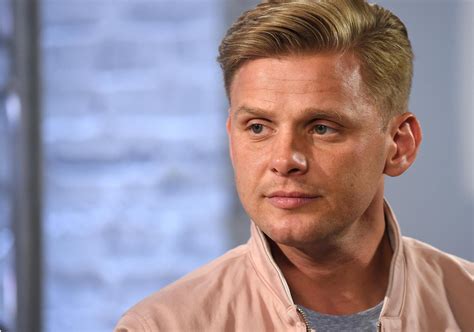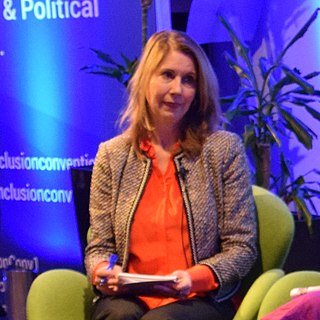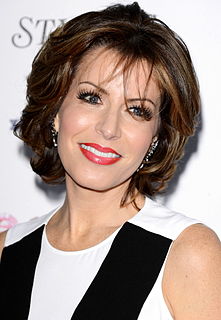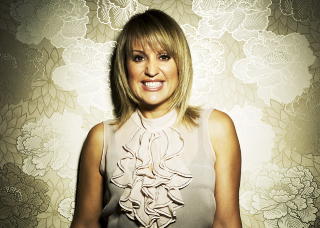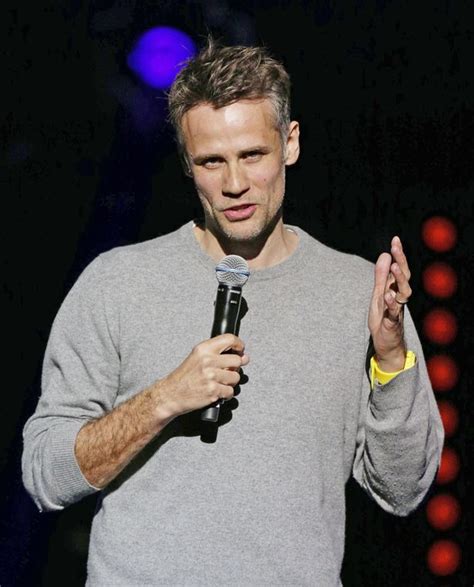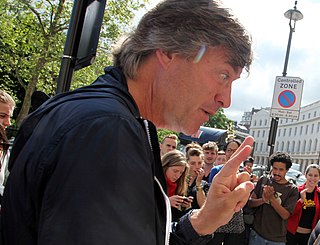A Quote by Dallas Campbell
People think of science like somehow that's the answer, and that it's all about right answers, but science is a lens that we look at the world through.
Related Quotes
But in the end, science does not provide the answers most of us require. Its story of our origins and of our end is, to say the least, unsatisfactory. To the question, "How did it all begin?", science answers, "Probably by an accident." To the question, "How will it all end?", science answers, "Probably by an accident." And to many people, the accidental life is not worth living. Moreover, the science-god has no answer to the question, "Why are we here?" and, to the question, "What moral instructions do you give us?", the science-god maintains silence.
When people think science and cooking, they have no idea that it's not correctly expressed. We're actually applying the scientific method. People think chemistry and physics are science, but the scientific method is something else.... It's the science that the world of cooking generates: science of butter; science of the croissant.
religion is about having the right answers, and some of their answers are right... but i am about the process that takes you to the living answer... it will change you from the inside. there are a lot of smart people who are able to say a lot of right things from their brain because they have been told what the right answers are, but they don't know me at all.
Science fiction is a weird category, because it's the only area of fiction I can think of where the story is not of primary importance. Science fiction tends to be more about the science, or the invention of the fantasy world, or the political allegory. When I left science fiction, I said "They're more interested in planets, and I'm interested in people."
Despite all the advancements in science, and all things about religion that are disproved it still marches on. The bottom line is that the only real, absolutely provable answers about life and our place in the universe are provided by science, and religion has been holding down science since day one.
Being a philosophical naturalist does not mean that one thinks that science can provide all of the answers. That is scientism and that is wrong. I don't think a billion buckets of science could speak to the problems raised by the Tea Party. Being a philosophical naturalist does not mean that one thinks that the only truths are those of science. I think the claim just made in the last sentence is true but I don't think it is a claim of science. It means that you use science where you can and you respect and try to emulate its standards.
Perhaps we are looking at this from a wrong perspective; this search for the truth, the meaning of life, the reason of God. We all have this mindset that the answers are so complex and so vast that it is almost impossible to comprehend. I think, on the contrary, that the answers are so simple; so simple that it is staring us straight in the face, screaming its lungs out, and yet we fail to notice it. We're looking through a telescope, searching the stars for the answer, when the answer is actually a speck of dirt on the telescope lens.










